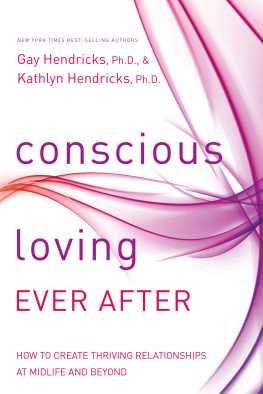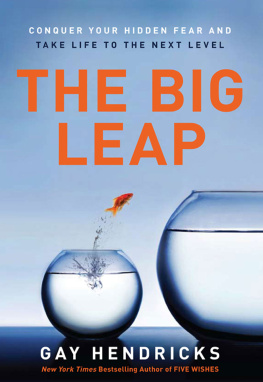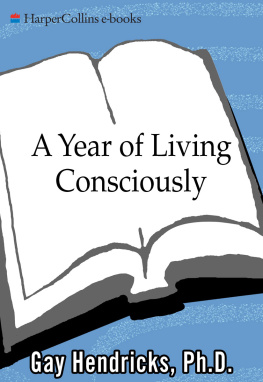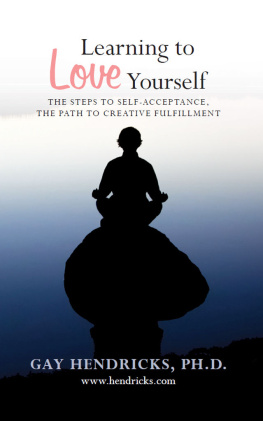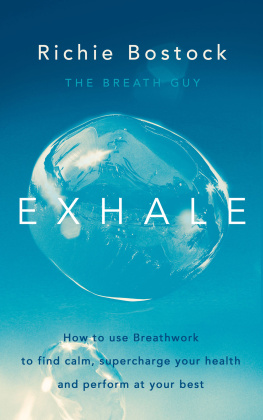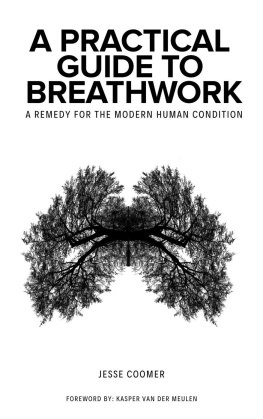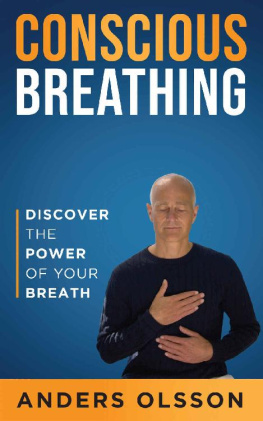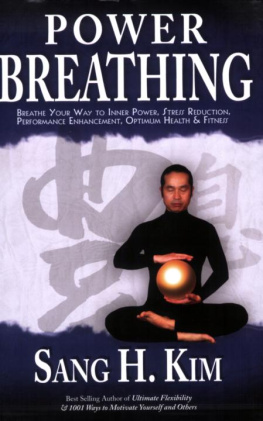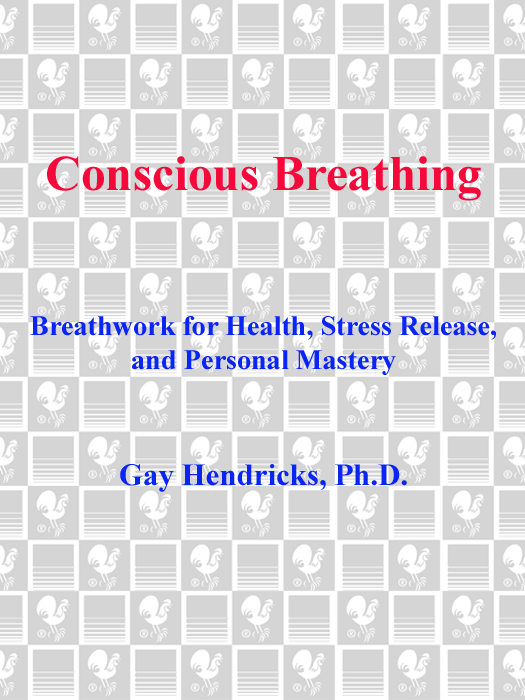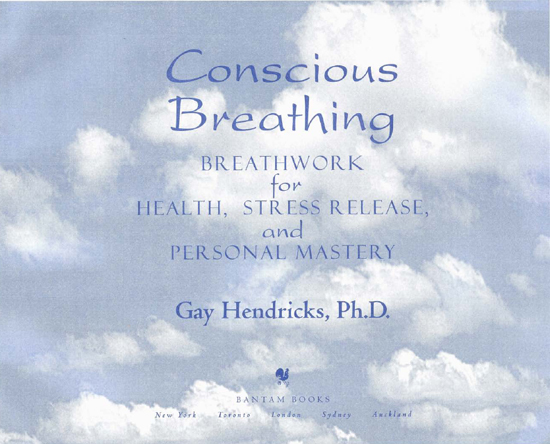A.
B.
C.
The Breath Test
Find Out in a Minute
If You Need Conscious Breathing
Take a moment to answer these twelve questions:
When you take a deep breath, do you inflate your chest?
Do you tire easily or wake up tired?
Do you experience racy or mildly queasy sensations in your chest or stomach?
Do you often feel that you are not getting a full breath?
Do you get mild or more severe headaches, often in the afternoon?
Is your breathing shallow?
Is your breath mostly up in your chest?
Are your muscles often tense or sore to the touch?
Do you sigh often?
Do you sometimes have painful sensations in your rib cage or shooting pains that make you want to hold your breath?
Do you feel breathless fairly often?
In repose, do you breathe more than fifteen times a minute?
All of these symptoms can be caused by ineffective breathing. All of them can disappear as you learn to breathe more effectively. If you answered yes to any of these questions, you can benefit from the practices in this book. If you answered yes to three or more, you will find the activities extremely useful, perhaps even life-changing.
I FEEL DEEPLY PRIVILEGED TO BE WRITING THIS BOOK. For about half my life now I have been directly engaged in helping people learn to feel better through conscious breathing. Throughout this time I have been my own best customer. I have benefited in every imaginable way from the ideas and processes I will share with you in this book. To bring what I know about breathing to you is the culmination of a life dream.
He Lives most life whoever Breathes most air.
E LIZABETH B ARRETT B ROWNING
When I began my career, there was little information on breathwork. In fact, I think I may have coined the term. I began using it in the early seventies to denote the conscious use of breathing as a tool for healing, stress reduction, and personal development. In breathwork, the practitioner uses awareness of breathing and a variety of specific techniques to accomplish the same aims for which verbal therapists and conventional healers use talk and medicine. It is my conviction that breathwork will play an enormous role in both medicine and psychotherapy in the twenty-first century. Nowadays I tend to use the phrase conscious breathing as a substitute for breathwork. The reason is that I have grown to feel uncomfortable with the work part of breathwork. Breathwork is really breathplay in its finest form, not work at all. In this book I will use the terms breathwork and conscious breathing interchangeably.
Breathing, you invisible poem! World-space constantly in pure interchange with our own being. Conterpoise, wherein I rhythmically happen.
R AINER M ARJA R ILKE
The use of breathing as a transformative tool has a long and rich tradition. References to it in the spiritual traditions go back several thousand years. In modern times we have rediscovered its power, putting it to work to enhance well-being in a variety of areas. What you have in your hands is the distillation of my experience in finding out what works and refining it. I make no claim to having invented anything at all about breathing. Furthermore, I would regard as arrogant anyone who made such a claim. Conscious breathing is everyones birthright, and my contribution is to refine the essence of breathing practices into a practical program that anyone can use every day.
You do not have to adopt any esoteric belief system to benefit from this program. I have met many people who rejected breathing practices because they came laden with excess philosophical baggage and cultish claptrap. This program requires no changes in belief, diet, or lifestyle. To paraphrase a popular sneaker advertisement, you just have to do it. You may become a true believer, as I have, in the power of these practices, but it will be a belief founded entirely on your own experience.
Twenty years ago, when I first began to study breathing and use it in therapy, my skeptical colleagues would sometimes snicker at my enthusiasm. Youve got to try these techniques, I would urge. They are going to revolutionize the field. I must admit that I was obnoxious in my zeal when I first discovered the power of breathwork. Like many new converts, I was on fire with my new understanding, and I wanted the rest of the world to catch fire, too. Even though I have tempered some of my early evangelical zeal, I actually feel more enthusiastic now than I did when I began in the early seventies. But today it is definitely getting harder to find skeptics. Now, after several hundred studies of the effectiveness of breathwork in treating a host of psychological and medical ills, the scientific community has verified what the community of therapists has discovered: Breathwork works.
B REATHWORK I S M OVING T OWARD THE M AINSTREAM
During the past fifteen years out on the lecture circuit I have often crossed paths with Andrew Weil, M.D. Our meetings usually consist of a five-minute chat in the hall at a conference where we are both speaking. Andy is one of the most broadly educated people I have ever met, and one of the most open-minded. His Harvard Medical School education gave him a rigorous immersion in the Western medical model, but he did not stop there. He has studied herbs, psychoactive plants, acupuncture, osteopathy, and a dozen other healing arts. He is interested in discovering what works, not in protecting his belief system. When I see him, the first thing I usually ask him is, What are you most interested in these days? It was with enormous satisfaction not long ago that I heard him say that one of his current hot interests was in the therapeutic use of breathing! His interest is mirrored by many other people on the leading edge of the healing community. It was his opinion, as it is mine, that breathwork is heading toward a secure place in the mainstream of healing and personal growth.
Our breathing is the fragile vessel that carries us from birth to death.
D R . F REDERICK L EBOYER
Many people now are seeking organic ways to heal themselves and feel good. Prescription drugs, necessary though they may be in many circumstances, are powerful also in their side effects. Recreational drugs are losing favor among the thoughtful because the feelings of well-being they may produce come at a cost, sometimes fatal. Even if there were no costly side effects, the health-conscious person would eventually want to find a permanent, beneficial aid to health and consciousness. Breathwork is the ideal alternative. It is free and completely within our conscious control. For these reasons, and because of its power, breathwork deserves to become a major healing art. There are those of us, still few but growing in number, who believe that breathwork will ultimately rise in popularity to become the predominant healing technology of our time.


